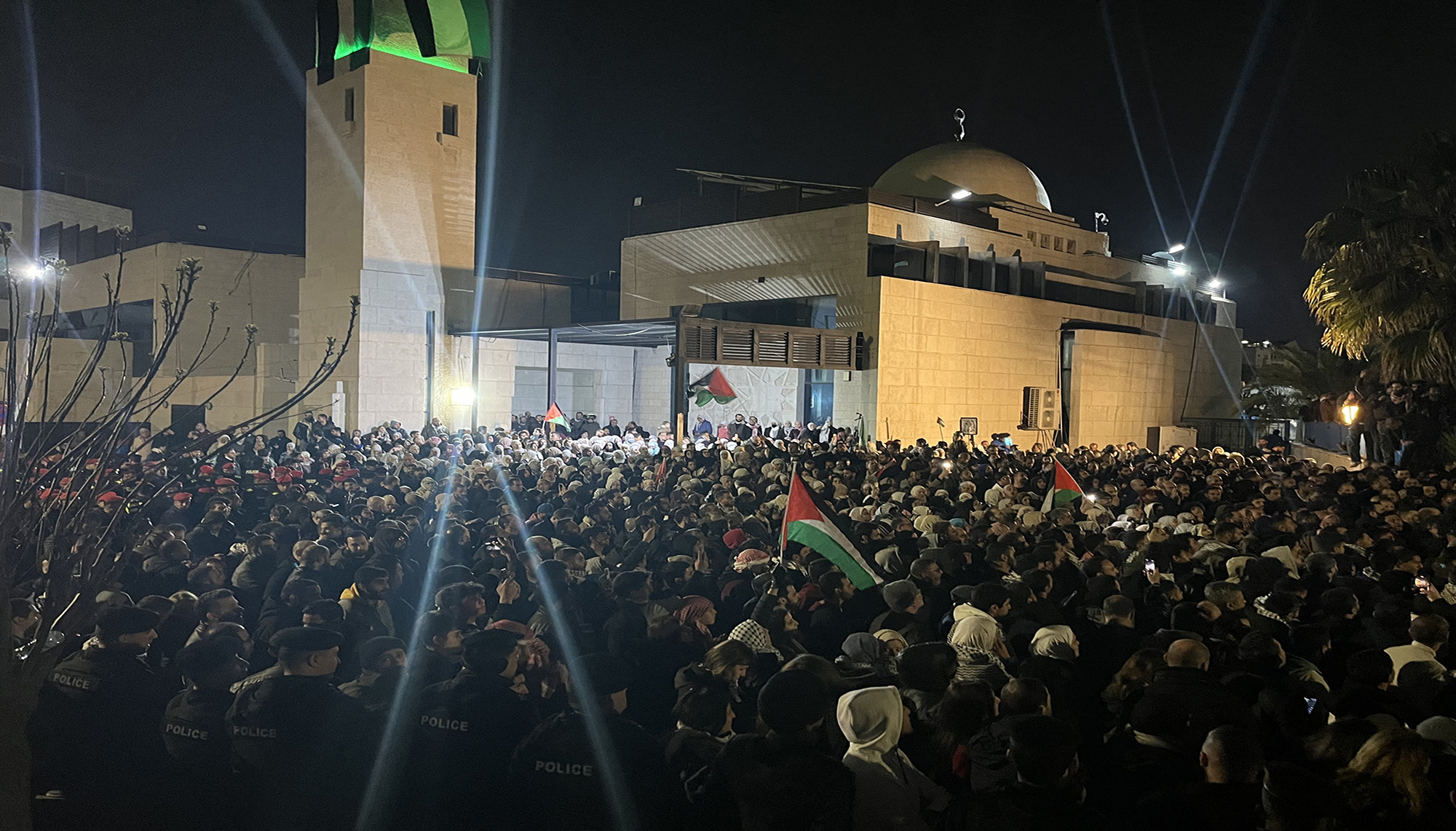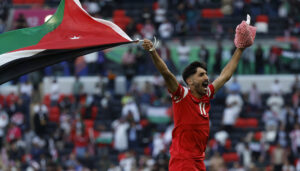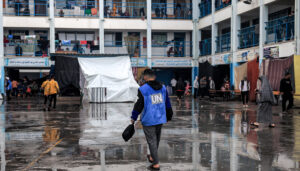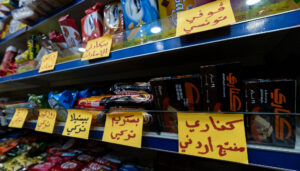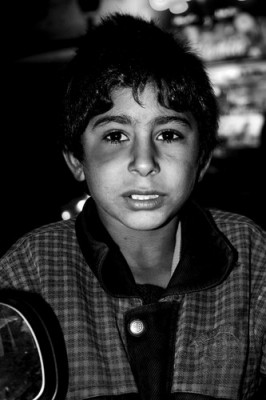
Photo by Faridon Abida
في الذكرى ال 20 لاتفاقية حقوق الطفل ، و بمناسبة اليوم العالمي لوقاية الطفل من الإساءة, 19 تشرين الثاني (نوفمبر) ، تعقد مؤسسة نهر الأردن ، بالتعاون مع جامعة الدول العربية ، سلسلة من الفعاليات حول موضوع العنف ضدالأطفال.
وضعنا مجموعة من الأسئلة في هذه المناسبة عن واقع الإساءة للأطفال في الأردن و ردود فعلنا كأردنيين نحوها. كيف يمكن تعريف إساءة معاملة الطفل؟و هل هناك انتشار واسع لإساءة معاملة الأطفال في الاردن؟ كيف يتم التعامل مع موضوع العنف ضد الأطفال ؟ ما دورنا كأفراد في الحد منه؟ اذا كان جارك يضرب ابنه باستمرار على مرمى سمعك, هل من الممكن ان تتدخل؟ و كيف سيكون تفاعلك؟
ستختتم هذه الفعاليات بمسيرة وطنية تحت عنوان “مسيرة أطفال من أجل حماية الأطفال من الإساءة” يوم السبت الحادي والعشرين من تشرين الثاني (نوفمبر). تهدف هذه المسيرة الى تعزيز سلامة الأطفال في جميع أنحاء العالم العربي. لمزيد من المعلومات يرجى الاتصال ب دانا بلقر من مؤسسة نهر الأردن عن طريق الهاتف 06-4925095 أو على البريد الالكتروني:
In observance of the 20th Anniversary of the Convention on the Rights of the Child and World Day for Prevention of Child Abuse, November 19th, The Jordan River Foundation, in collaboration with the League of Arab States, is to hold a series of events around the subject of child abuse.
We’ve put together a few questions about child abuse and how Jordanians respond to it. How do you define child abuse? Is there a high prevalence of child abuse in Jordan? How is the topic of child abuse dealt with in Jordan? What is our role in preventing child abuse? If you hear your neighbor, routinely beating their child, do you get involved? How do you get involved?
The events will conclude with a national walk under the title of A Children’s Walk to Call for Prevention of Child Abuse on November 21st, 2009. The walk aims at promoting child safety all over the Arab World. For more information please contact Dana Balqar at [email protected] or by telephone 06-4925095.
Related content:




